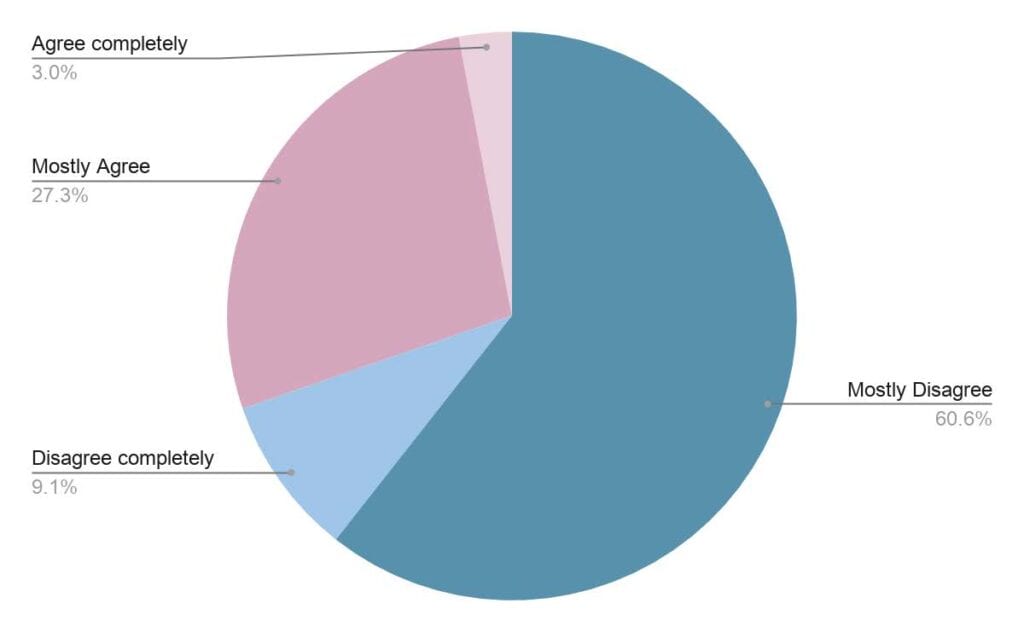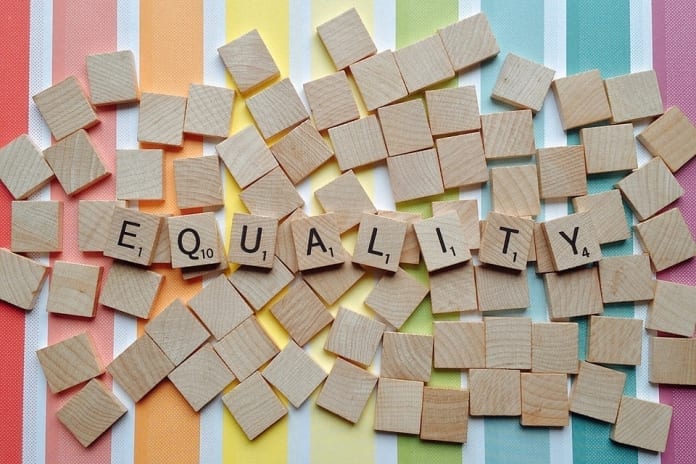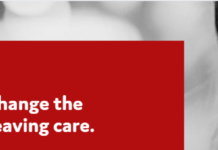70 % of professionals do not believe gender equality in the workplace has been achieved
March 8th 2021 marks International Women’s Day, and a Yoopies survey on equality has revealed that
70% our survey respondents believe there is gender inequality in the workplace in various ways. Pay
gaps, missing out on promotions and lack of access to positions of responsibility were cited amongst the
most pressing issues of professional gender inequality and furthermore, we revealed that women are far
more likely to have trouble balancing their home or personal life with their professional one than men.
Results of the survey regarding gender inequality in the workplace:
Our study revealed that women face great difficulties balancing their personal and professional life, are treated
differently in the workplace based on their gender and often have more pressures placed on them at home which
can inhibit professional progress and performance in some instances. According to our survey 70% of respondents do
not believe that women receive equal treatment to men in the workplace and this suggests there are many more
procedures and steps that must be taken to close the gender based gaps:
● 70% of respondents do not feel that equality for women has been achieved in the workplace.

● However, 82% of individuals questioned do believe that over the past 5 years society in the UK has evolved
towards achieving more equality for women in the workplace, yet evidently the changes have not gone far
enough.
● According to respondents, inequalities persist most prominently in areas including pay gaps (79% agree),
promotions (60% agree) and access to positions of responsibility (60% agree).
● 52% of women who responded to our survey remarked that they believed their professional progress had
been hindered because of their gender, meaning they had been passed over for promotions or career
development opportunities.
● 88% of women have already had difficulty reconciling professional and personal life, a survey respondent
commented that she felt that women without children were often expected to take on greater unpaid
burdens such as longer hours or more high pressure tasks as it is societally accepted that mothers have more
personal life responsibilities, yet the same discrepancy was not experienced by men.
● Finally, comments made by survey respondents suggested that sexism does not exist exclusively in one
direction (from male to female individuals) but between women there are discrepancies too from older
generations to younger generations. Examples of gender inequality included different standards of
acceptable dress code for men and women, assumptions of intelligence based on appearance and
appropriate behaviour within a professional environment. Some women themselves have different standards
for other women than for men.
UK Equality Index
The European Gender Equality Index measures the levels of gender equality across six sectors; work,
money, power, knowledge, health, and time. In the UK the average score for gender equality across all
sectors is 72.2, a relatively high score but still only 6th highest in Europe, falling a long way short of the
scores of Sweden (83.8) and Denmark (77.4).
Conclusions
Suggestions made from our survey and data gathered by the European Gender Equality Index suggest that
there needs to be significant change made to improve gender equality in professional environments within
the UK and companies must take a greater responsibility to narrow the gaps which prevail in our society.
The most prominent issues include removing gender pay gaps, improving access to positions of
responsibility to women and implementing measures to facilitate a better balance of personal and
professional lives. In general women take on more domestic responsibilities such as childcare than men and
the UK must recognise the barriers preventing women from reaching their full professional potential in
order to achieve more gender equality in 2021.
Help keep news FREE for our readers
Supporting your local community newspaper/online news outlet is crucial now more than ever. If you believe in independent journalism, then consider making a valuable contribution by making a one-time or monthly donation. We operate in rural areas where providing unbiased news can be challenging. Read More About Supporting The West Wales Chronicle

























